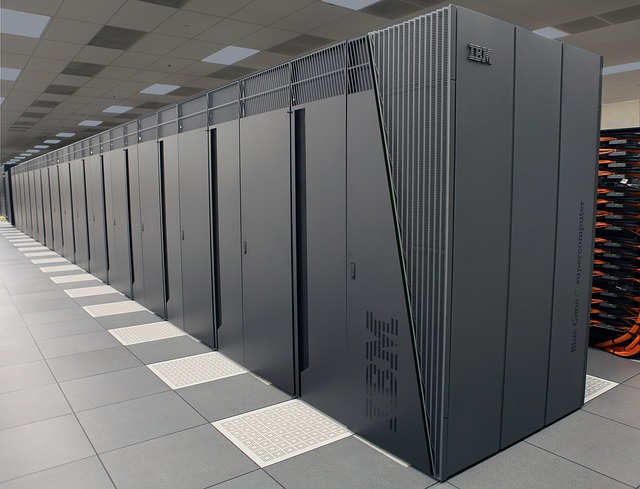 Photo Credit: on
Photo Credit: on
IBM (NYSE: ) recently announced results for its first quarter and its plans to acquire cloud software maker Hashicorp for $6.4 billion.
IBM’s Financials
Revenues for the first quarter grew 1% to $14.5 billion, missing the Street’s estimates of $14.55 billion. Adjusted earnings of $1.68 per share were ahead of the analyst estimates of $1.6.By segment, Software revenue grew 5% to $5.9 billion, in line with Street estimates. Consulting revenue was down 0.2% to $5.2 billion. Infrastructure revenue was down 0.7% to $3.1 billion. Financing revenues fell 1.6% to $0.2 billion.During the quarter, the company returned $1.5 billion to shareholders in dividends. IBM ended the first quarter with $19.3 billion of cash and marketable securities, up $5.8 billion from the end of 2023. Debt, including IBM Financing debt of $9.9 billion, totaled $59.5 billion, up $3 billion since the end of 2023.IBM expects revenues to grow in mid-single digits for the current year. It expects about $12 billion in free cash flow for the year. Analysts expect IBM to end the year with $63.5 billion in revenue or a 3% growth and a net income of $9.6 billion.
IBM’s Acquisitions
During the quarter, IBM announced the $6.4 billion acquisition of multi-cloud infrastructure automation company Hashicorp to fortify its focus on AI and hybrid cloud. HashiCorp has over 4,400 clients, including Bloomberg, Comcast, Deutsche Bank, GitHub, J.P Morgan Chase, Starbucks, and Vodafone. This acquisition is expected to complement IBM’s commitment to industry collaboration, developer communities, and open-source hybrid cloud and AI innovation. It is expected to strengthen where both HashiCorp and Red Hat Ansible have a substantial customer base and adoption.
IBM’s AI Platform Strategy
During the recent earnings call, IBM disclosed that since the launch of the watsonx platform and its generative AI models in mid 2023, it has booked business . Watsonx is IBM’s AI and data platform, built to deliver AI models and enable its clients to build their AI solutions, spanning from foundation model training, to data preparation and governance. Its key clients include financial institutions like Citi, Bradesco, and NatWest. Its enterprise-ready AI capabilities are being embedded into SAP solutions. EY launched EY.ai Workforce to automate HR tasks and processes using watsonx Orchestrate. Service partners such as NTT Data Business Solutions, Wipro, and TCS are launching watsonx Centers of Excellence to scale AI-powered client innovations. The company also said that it is committed to an open innovation ecosystem around AI to help its clients maximize flexibility and leverage skills. IBM has recently released a family of state-of-the-art open-source code models from its Granite series. Red Hat and IBM also recently launched Instruct Lab to evolve and improve AI models through incremental community contributions, much like open-source software. The differentiating factor of IBM’s AI platform strategy is the flexibility of its approach where organizations can leverage a combination of AI models, whether they are IBMs, their own models, open-source models, such as Llama from Meta and Mixtral from Mistral.It is currently trading at $168.61 with a market capitalization of $154.6 billion. It touched a ten-year high of $199.18 in March and a 52-week low of $120.55 in May 2023.More By This Author:
Cloud Stocks: Analysis Of IBM’s AI Platform Strategy

